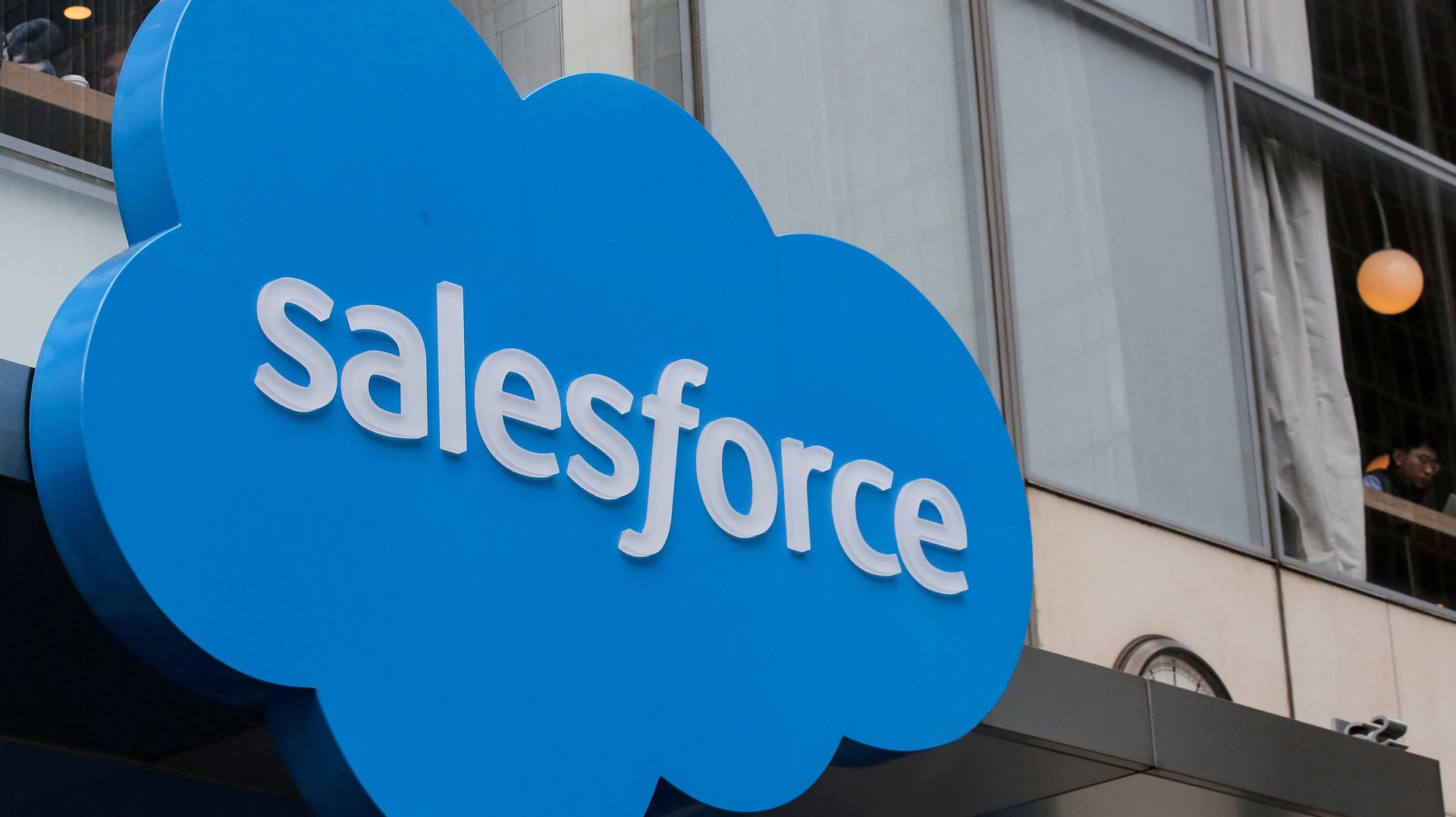Everything we know about Salesforce's AI Einstein Copilot
Salesforce's generative AI assistant wants to change how white-collar workers work

Salesforce announced that it’s releasing a conversational AI assistant — called “Einstein Copilot.” The program, which lives within the Salesforce app, allows users to ask questions and retrieve information about specific business tasks such as asking the assistant to initiate a return on an item for a customer, summarize chat support responses, or generate sales and marketing language for emails.
Suggested Reading
Instead of Salesforce customers clicking around for the information they’re looking for, they can now ask the chatbot, said Clara Shih, Salesforce AI CEO, at a press conference on Sept. 10.
Related Content
Salesforce customers will also be able to create reusable prompt templates and personalize the AI assistant to fit their company’s voice.
Unlike consumer-facing chatbots such as OpenAI’s ChatGPT, Google’s Bard, and Microsoft’s Bing, Salesforce’s AI is for its customers—largely, white-collar companies, which use the software tools to organize their business data.
What’s the biggest challenge for companies that want to adopt generative AI?
Last November, OpenAI wowed the world with ChatGPT, which was able to answer prompts and create content that sounded like a human wrote them. But nearly a year later, AI companies need to figure out how to move from the demos to real-world applications, said Jayesh Govindarajan, vice president of AI and machine learning at Salesforce.
Customers don’t care whether AI is working in the background, but they do care about automating and assisting their work, Govindarajan said. “There’s a barrier—going from this a great ChatGPT-like function [to] how do I make this work in the context of what I’m trying to do,” he said.
There’s also the challenge of how generative AI models will make stuff up, or hallucinate. To reduce hallucinations, Salesforce said that AI features are “grounded” in secured proprietary data from the company’s cloud. Essentially, that means the models are trained on relevant data surrounding a specific prompt. So, constraining the search specific to a job—like a marketer—reduces hallucinations “exponentially,” Govindarajan said.
Companies must also opt in to letting their generative AI models train on their data, and most do because training models on the responses from the prompts can make the models more accurate, according to Salesforce.
How will generative AI affect white-collar workers?
Salesforce isn’t the first business-to-business software company to introduce an AI assistant. Salesforce copilot comes after Microsoft announced its own copilot, an AI bot to help users across the Office software suite.
During the press conference, Salesforce executives repeatedly stressed that they believe generative AI will usher in major changes to white-collar jobs.
Workers will need to learn new skills, Shih said, and new jobs will come out, including prompt engineering, which has already started to emerge. Govindarajan added, “Skills will start to blend into one another—we’ll have the baseline of good enough, for things that we’re no experts at, go up and that’ll be just great.”
